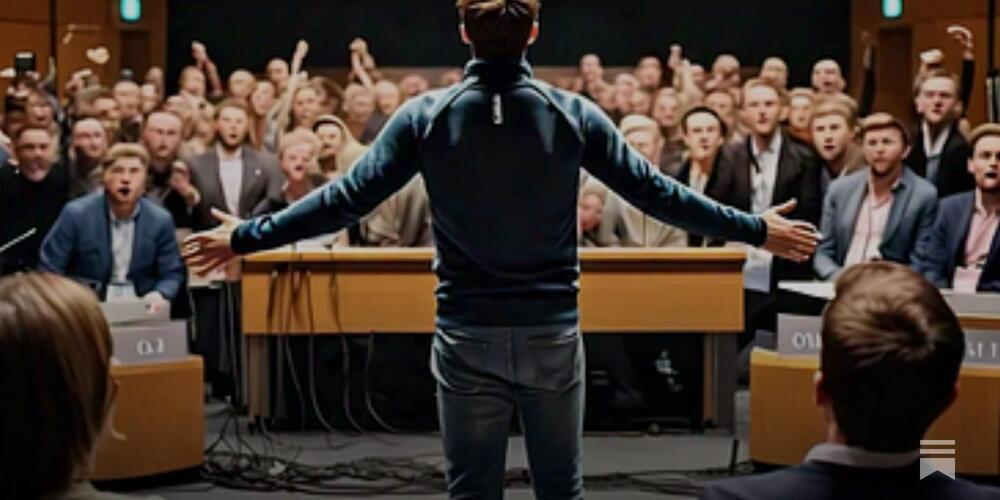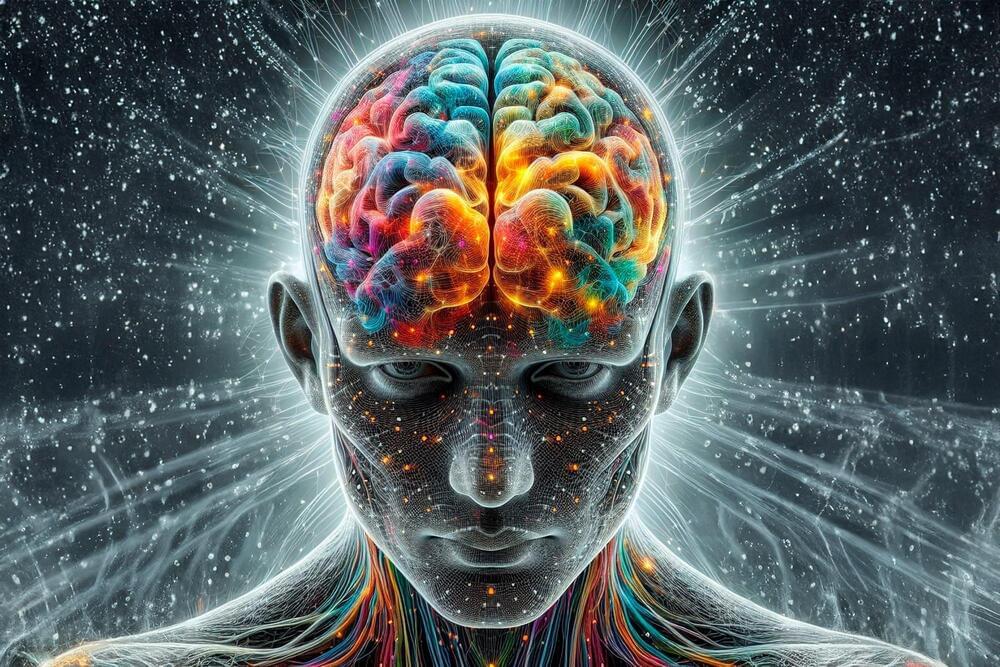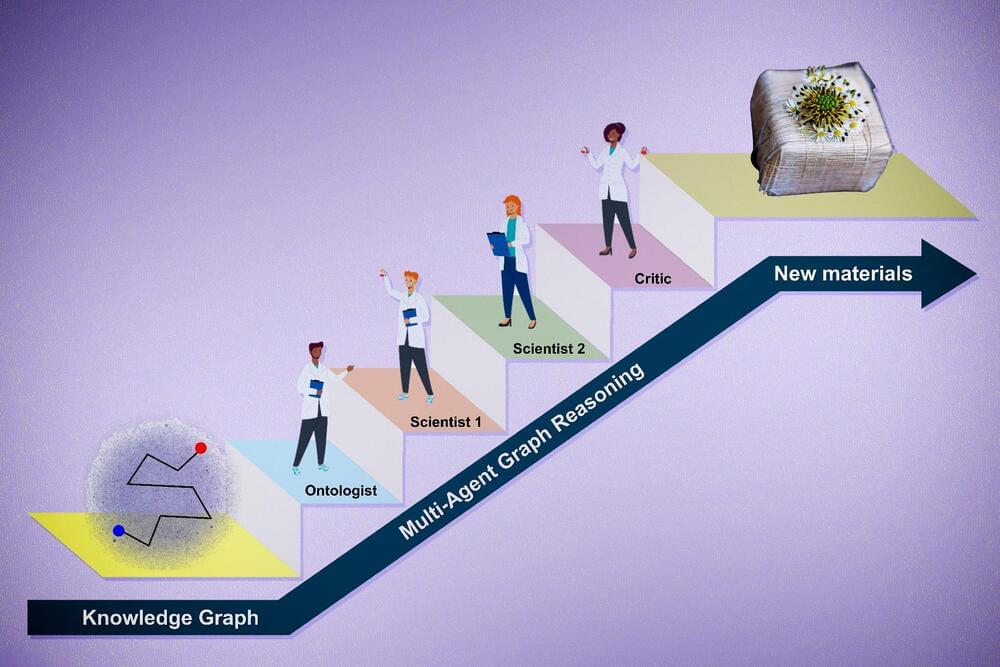Thank you to today’s sponsors:
Eight Sleep: Head to https://impacttheory.co/eightsleepAugust24 and use code IMPACT to get $350 off your Pod 4 Ultra.
Netsuite: Head to https://impacttheory.co/netsuiteAugust24 for Netsuite’s one-of-a-kind flexible financing program for a few more weeks!
Aura: Secure your digital life with proactive protection for your assets, identity, family, and tech – Go to https://aura.com/impacttheory to start your free two-week trial.
Welcome to Impact Theory, I’m Tom Bilyeu and in today’s episode, Nick Bostrom and I dive into the moral and societal implications of AI as it becomes increasingly advanced.
Nick Bostrom is a leading philosopher, author, and expert on AI here to discuss the future of AI, its challenges, and its profound impact on society, meaning, and our pursuit of happiness.
We touch on treating AI with moral consideration, the potential centralization of power, automation of critical sectors like police and military, and the creation of hyper-stimuli that could impact society profoundly.
We also discuss Nick’s book, Deep Utopia, and what the ideal human life will look like in a future dominated by advanced technology, AI, and biotechnology.
Our conversation navigates through pressing questions about AI aligning with human values, the catastrophic consequences of powerful AI systems, and the need for deeper philosophical and ethical considerations as AI continues to evolve.






